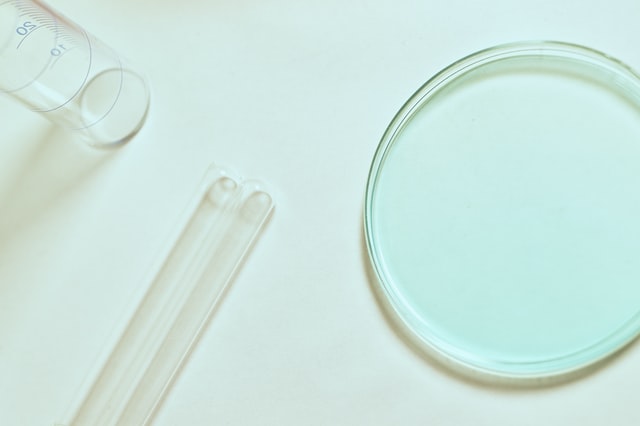There are two kinds of people in a lab: nerds who know exactly what they are doing and students who still wonder whether or not they can heat a plastic test tube over a burner. Do you belong to the latter group, or do you just want a higher grade for your practical? Then I have five super handy practical tips for you.
If you have biology, chemistry or physics in your package, you are guaranteed to have to do a lab at some point. At my school, the practicals are often messy and chaotic. Such a shame, because personally I find a practical a thousand times more fun than a normal lesson. Fortunately, there are a few small habits you can learn to easily survive the dreaded practicum.
Read the prescription once
Of course you don't need to have done a lot of research before you enter the lab room, but if you have already read the prescription once, you are guaranteed to be 1-0 ahead of the rest of your classmates. You already know what to expect and can therefore start immediately without any problems.
Mark, mark and mark again
It happened to me a few times that I had two beakers with clear liquids on the table. One contained hydrochloric acid, the other water. But yes, which one is which? People with chemistry know that those substances are difficult to distinguish. Consequence? The contents of both jars are flicked down the sink and you have to start over. TOA angry (for the liberal arts students: that's a lab assistant), I lost a lot of time. Therefore, always mark everything you get or take. Saves a lot of hassle.
Your TOA is your best friend
Speaking of TOAs. They are your best friend during the practical. They are always willing to help you, give you hints, or write half calculations on the board (trust me, that happens more often than you think). They are often very happy when you ask for help. Oh, and they really don't bite.
Do that little bit extra
Teachers are big fans of students who go the extra mile. It really doesn't have to take a lot of time, and it doesn't have to be very difficult. Titrate once in duplicate (if not required) or take a color chart with you if you need to describe a subjective color. I also downloaded a MultiTimer app once when I had to keep track of four different cooking times in a lab. Everything is possible.
Make a division of tasks
If you are allowed to do a practical in pairs, make sure there is a clear division of tasks. Have one person grab the supplies while the other reads the prescription. Have someone write down the measurement results while someone else is taking the measurements. If you work well together, you will be ready faster and often have better results. That's a win-win.
With these tips in your pocket, I'm sure you'll make it through the next practical. And such a plastic test tube? Better not keep it above the burner.
